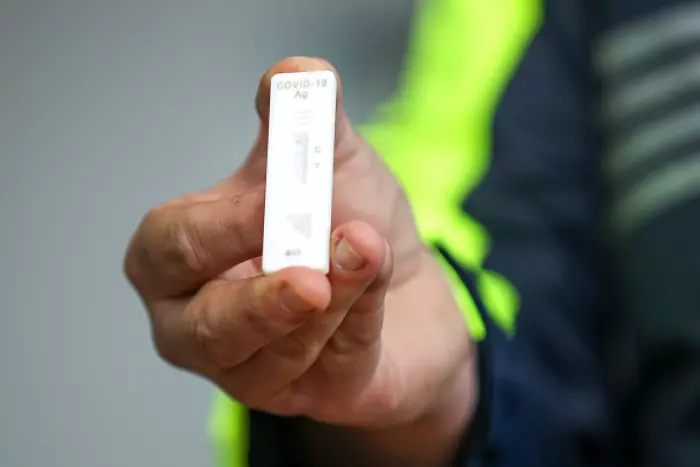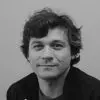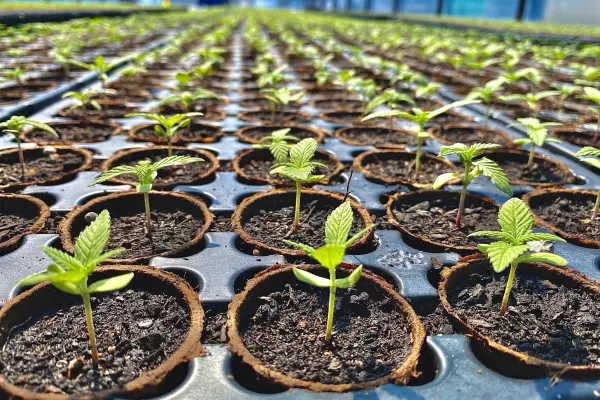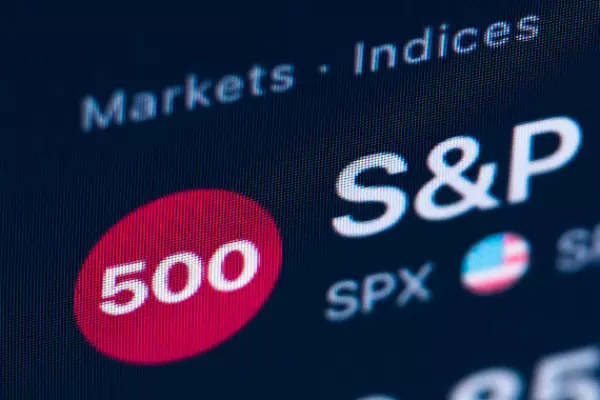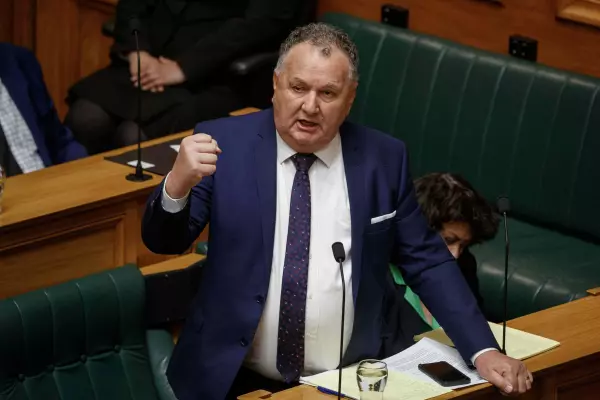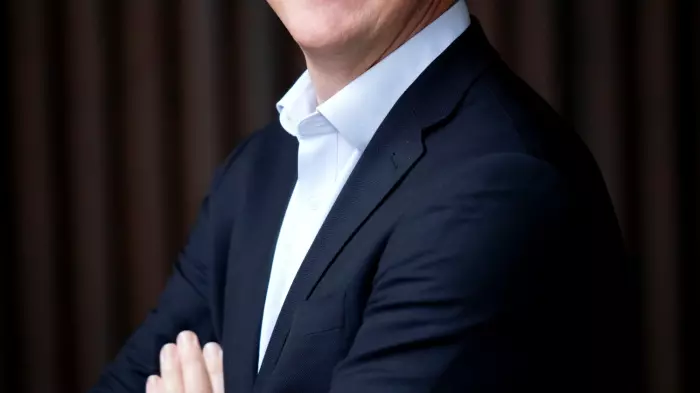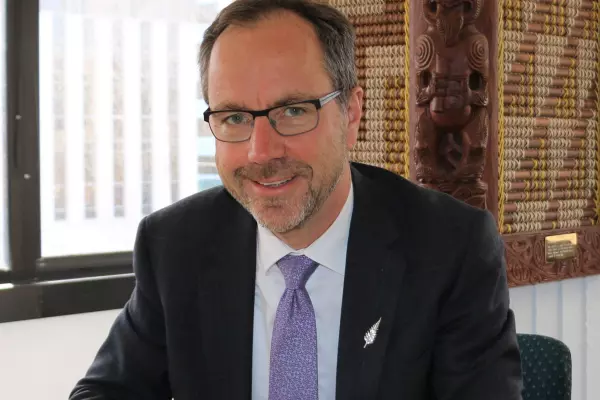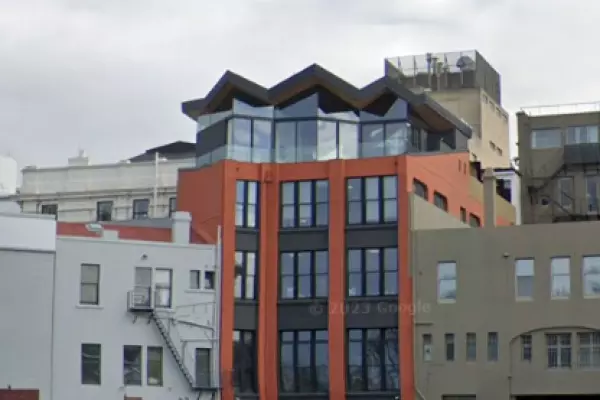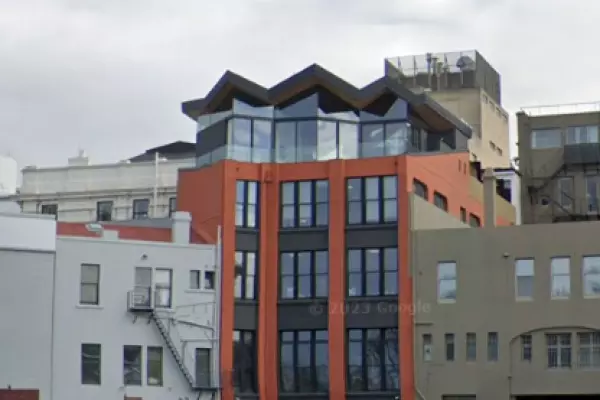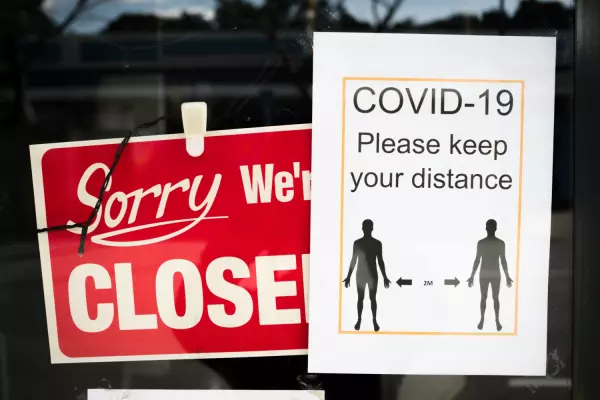During the numerous covid waves and variants, the government faced criticism for its lack of preparedness and slow reactions when it came to procuring essential tests and personal protective equipment (PPE).
Its decision to pay Deloitte to deliver a new Immunisation Register was also excoriated by then Orion Health CEO Ian McCrae, who labelled it as “a waste of $60 million or more in the name of covid”.
Scrutiny of public health procurement isn’t straightforward – a recent BusinessDesk analysis found that the sector falls well below the national requirements on transparency around tenders for state contracts.
For most businesses, the pandemic led to heavy restrictions while they dealt with the restructuring of everyday economic activity.
For some, though, it created huge opportunities overnight. As part of our series exploring the Business of Health, we review the leading suppliers of crucial equipment in the battle against covid.
We look at the top five suppliers for six forms of PPE, rapid antigen tests (RATs) and hand sanitiser. Our research covers 1.2 billion items from 19 companies from 26 March 2020 to 19 Aug 2022.
Rapid antigen tests
The acquisition of 65 million RATs received much publicity as it was initiated not by the government but by leading NZ businesses.
In January 2022, Sir Ian Taylor was contacted by a lawyer representing a supplier named Kudu Spectrum. He was questioning why Medsafe had approved the Orient Gene RAT test but had mandated that it be passed through a third party which would have added a 50-60% margin on the price.
Kudu Spectrum NZ Ltd was offering to supply the government directly – without the margin – at a time when the crown was struggling to get commitments from its own suppliers as worldwide demand for RAT tests surged.
According to Taylor, it wasn’t until he passed on Kudu Spectrum’s proposal directly to the then director-general of health, Ashley Bloomfield, that the supplier was engaged.
The next day, the government ordered five million tests. By the end of the month, it had bought a total of 65 million from Kudu. The deal is thought to have been worth around $300m.
Remarkably, the company that delivered this huge contract had been registered only a few weeks earlier, in Nov 2021.
Kudu Spectrum NZ is almost wholly owned by Kirkee Investment Trustees Ltd, itself owned by the sole director of Kudu NZ, Gareth Jones, and his wife, Michelle Brassil Jones, who have an address registered in Mapua.
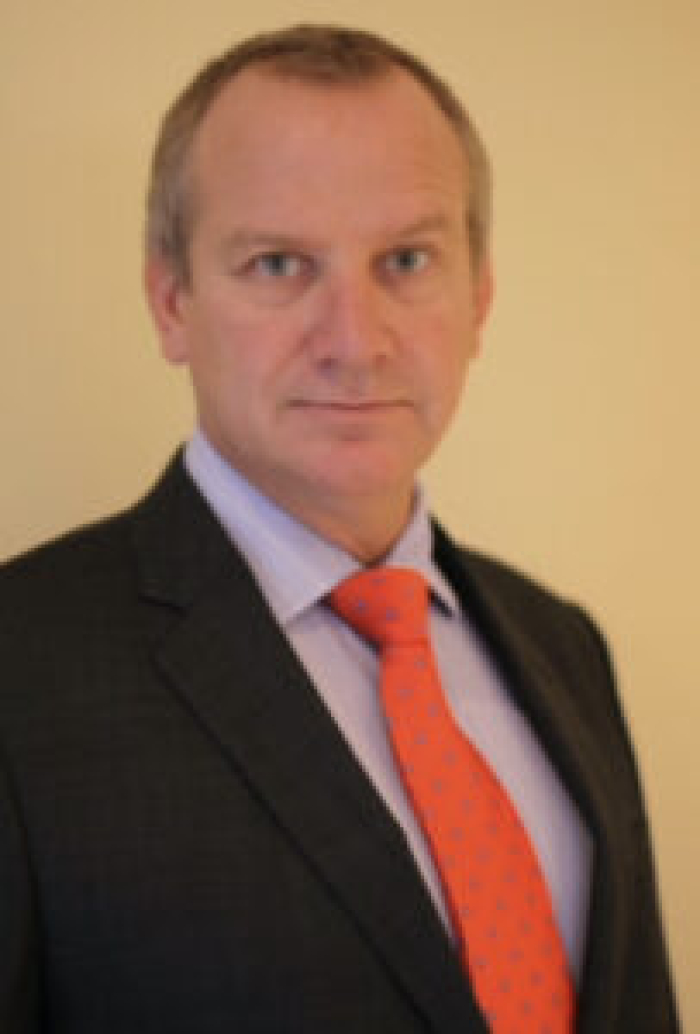
Jones (pictured above) is the only NZ-based member of the global Kudu Spectrum team, fulfilling his role as head of logistics, although his company bio reads that he is also UK-based.
After 17 years in the British Army, Jones became the Middle East and North Africa operations and logistics manager for a managed services business, focusing on security and crisis management.
It was Jones who had the connection to the largest RAT tests producer in the world, based in China. That single factory was, according to Taylor, producing 42 million tests a week.
The only other individual listed on Kudu’s NZ website is global CEO Robert Hutchins, a surgeon in London. Other members of the core team are based in the UK, US or United Arab Emirates.
Despite its UK-based CEO and team, its accounts are exempt from audit, and it listed just £94,000 (NZ$182,000) in capital last year.
Kudu Spectrum NZ is yet to file an annual return.
Ultimately, as the omicron wave hit, the biggest supply of RAT tests to NZ, at a significantly lower cost per unit, relied on the connections of a lone British Army veteran.
Despite this, Taylor says there has been “no acknowledgement of business putting this together” by the government.
CoShield Global Trading Ltd also supplied 38 million RAT tests to the Ministry of Health at the start of 2022.
It describes itself as “the trusted world leaders in the secure supply of medical and military equipment to distributors, governments, and large organisations”.
It has teams in more than 20 countries, including the UK, Argentina and the Pacific Islands.
In March, CoShield described it as a “privilege” to supply the millions of Orient Gene and Assure Tech RAT tests to NZ.
In its latest UK financial statement, it notes that since March 2021, “prices of PPE fluctuated significantly and the company incurred losses from selling equipment that it was committed to acquiring under a contract to buy forward”.
It added, though, that prices had since stabilised and the company was trading profitably again.
Australian firm Arrow Pharmaceuticals provided 34 million RAT tests, followed by US multinational Abbot Rapid Diagnostics (26 million) and Roche Diagnostics NZ (8.7 million).
Medical masks
The early days of mask procurement were the “wild west”, according to Peter O'Shannessey of Robert Mark Ltd, a homeware and giftware wholesaler who was the ministry’s fourth-largest supplier of medical masks.
He told BusinessDesk: “We managed to supply as we have staff in China, and although our main business is homeware, with a local team on the ground we can source and supply other things on a contract basis.
“They were able to find existing Chinese government-listed approved factories, with correct certification, and arrange delivery when many others struggled to get supply or get certification correctly.
“It was no mean feat at a time when the whole world was grabbing everything they could get and new suppliers were setting up daily.”
When asked why he didn’t continue to supply beyond the initial order of 20 million masks, O'Shannessey said: “Anecdotally, we heard of a lot of disasters – either factories not compliant, compliance and registration rules in China changing, [orders] late or not shipping at all. Orders [were] seconded by governments or pulled and sold to others at higher prices.”
The homeware wholesaler's original supply was eventually dwarfed by the 212 million supplied by Reynard Health Supplies Ltd.
Incorporated in NZ in 1996, with two Australia-based directors, the medical and hygiene equipment supplier has branches in Australia and the UK. Its NZ head office is in Havelock North, Hawke’s Bay, with distribution centres in Auckland and Christchurch.
Its NZ company is ultimately owned by Michelangelo Investments Pte Ltd in Singapore, which lists paid-up capital at US$196m (NZ$307m).
Tech makers Zuru, better know as toy makers, supplied multiple PPE items to NZ, and features in the top five suppliers for all seven items we requested information for.
Between April and Aug 2020, it shipped 82 million masks. In a Zuru-sponsored article in Newshub, co-founder Anna Mowbray said: “I knew, with every part of my being, we were going to have some extreme PPE shortages coming with the pandemic.”
The supply of higher-grade N95 masks was dominated by 3M New Zealand. It saw its profits swell by 2,400% in 2021.
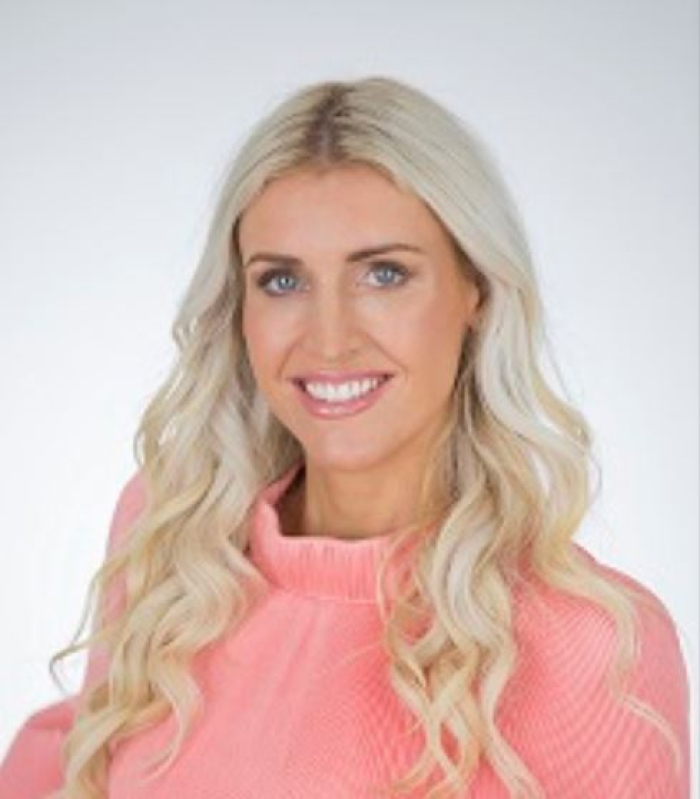
Zuru co-founder Anna Mowbray. (Image: NZ China Council)
Protective gloves
Hundreds of millions of gloves were shipped to medical professionals around the country.
The largest order, 203 million, was provided by NXP Ltd between April and Aug 2020. Under the previous monikers of Winc, Staples, Net Express, Corporate Express and Geo Berryman, the stationery and office supplier also provided 20 million medical masks.
Its last annual return in the 12 months to 28 Jan 2017 showed profits at $4.7m – an increase on the previous return of $1.1m.
The FTSE 100 giant Bunzl plc supplied, via its NZ-registered outfits Universal Specialities Ltd and Bunzl Outsourcing Services NZ Ltd, 134.3 million protective gloves.
With worldwide annual sales exceeding US$10b (NZ$15.6b), it is a leading supplier of disposable paper and plastic packaging to businesses, operating in 31 countries and across 150 companies.
Hand sanitiser
More than a million bottles of hand sanitiser were supplied by Reynard and Zuru.
Curiously, an order of 29,052 bottles was made to Peter Hallifax Ltd, a purveyor of tourist-targeted NZ-ingredient products found in souvenir shops. Its brands include Alpine Silk, Merino Skin Care, Marine Opal, General Souvenirs, Kiwi Silver and Kiwi & friends.
Schulke New Zealand Ltd also supplied 225,016 bottles over two years. It is ultimately owned by EQT, a company in Luxembourg. However, in Auckland, its registered office is the NZ German Business Association in the PwC Tower.


